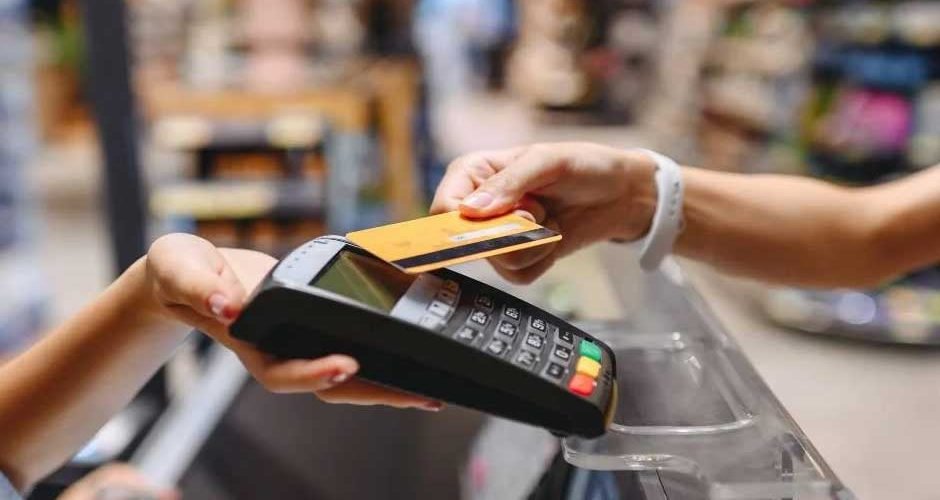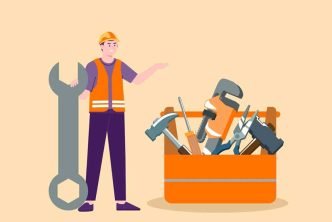Have you ever walked past a pawn shop and wondered what’s happening inside? Maybe you’ve seen them on TV, filled with rare artifacts and people hoping their old treasures are worth a fortune. But in reality, pawn shops are local businesses that have been part of our communities for ages. And if you’ve ever been curious about how they work or why your neighbor swears they got their best deal from the local pawn shop, you’re in the right place.
Table of Contents
What’s the Deal with Pawn Shops Anyway?
Alright, let’s break it down. Imagine you need quick cash. You could take out a loan, but that’s often a lengthy process with a lot of paperwork. Enter the pawn shop. You bring in an item, let’s say a guitar you no longer play. The pawnbroker assesses its value and lends you a fraction of its worth. In exchange, they hold onto the guitar as collateral.
Now, you get a set time frame (usually a few months) to repay the loan and a bit of interest. If you pay it all back within the agreed time, you get your guitar back. Simple. But if you don’t, the pawnbroker can sell the guitar to recoup their money.
Selling vs. Pawning: What’s the Difference?
While many people use pawn shops for quick loans, you can also straight-up sell your items. If you’re sure you don’t want that guitar back, sell it. You’ll typically get more money than pawning, and there’s no need to worry about repayment.
Hunting for Deals
Now, let’s talk shopping. Because pawn shops are in the business of offering loans and buying items, they end up with a diverse collection of stuff. And this is where things get interesting for deal hunters.
See, pawn shops price items to sell. They want a quick turnover. That vintage camera or designer bag could be priced way lower than market value simply because the pawnbroker wants it off their shelf and cash in the drawer. This is why many swear their local pawn shops have the best deals. It’s a mix of urgency on the pawn shop’s part and the sheer randomness of what can come through their doors.
Building a Relationship
One pro tip for frequent pawn shop visitors is to build a relationship with the pawnbroker. These are local businesses, after all. If you’re a regular and have established trust, they offer you better loan terms or give you the first look when a new batch of items comes in. It’s good for them to have reliable customers, and it’s great for you because who doesn’t like VIP treatment?
Is Everything in Pawn Shops Second-Hand?
Mostly, yes. But that doesn’t mean they’re low-quality or “used up.” Some items are in near-mint condition. Maybe someone got a gift they didn’t like or had to pawn a brand-new gadget due to unforeseen expenses. Plus, some pawn shops buy stock from retail closeouts or overstocks, meaning new items at discounted prices.
So, Should I Trust Pawn Shops?
Like any business, there are reputable pawn shops and not-so-reputable ones. Do your homework. Read reviews, check their licensing, and visit a few times to get a feel for the place. Ask questions about where items come from or how they determine prices. A good pawnbroker will be transparent and happy to share insights.
In Conclusion
Pawn shops are more than just a place to get quick cash. They’re treasure troves filled with unexpected finds, making them a dream for bargain hunters. Whether you’re looking to pawn, sell, or buy, understanding how these shops work can get you the best deals and make the entire process smoother. So next time you walk past your local pawn shop, pop in. You might find your next prized possession or land a deal that’ll have you bragging to your friends.





